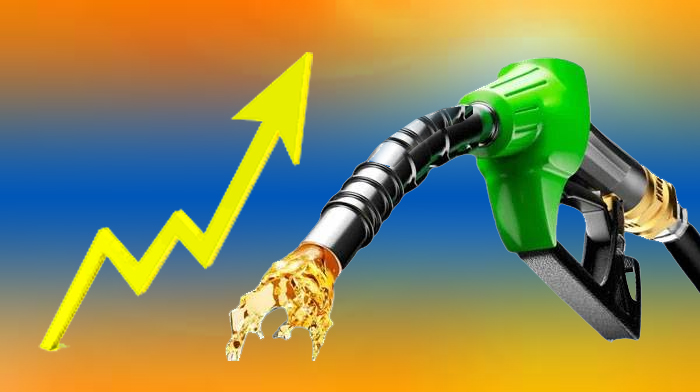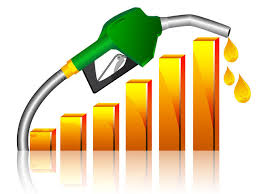Petrol Prices in Pakistan May Increase on January 16

Petrol Prices in Pakistan May Increase on January 16
Pakistan is preparing for a significant fuel price revision in the coming days, and experts are closely watching the potential impact on the economy. As global oil prices continue to climb, it's anticipated that petrol, diesel, and kerosene prices may see a substantial increase. Let’s dive into the key details regarding the upcoming adjustments and what they mean for Pakistani consumers.
Forecast for Petrol Price Increase in Pakistan
According to market sources, Pakistan's petrol prices are expected to rise by as much as Rs. 6 per liter. Additionally, the prices of diesel and kerosene could see an increase of Rs. 2-2.50 and Rs. 4 per liter, respectively. If these predictions come to fruition, petrol could reach Rs. 258.66 per liter, while diesel would be priced at Rs. 260.84, and kerosene at Rs. 165.66.
Global Oil Price Influence
The forecasted fuel price hike in Pakistan stems from a surge in global oil prices. Recently, Brent crude prices have risen by $1-2 per barrel due to the impact of US sanctions on Russian oil exports. This international development has led to increased costs at refineries, which directly affects domestic Fuel prices in Pakistan.

Current Fuel Prices in Pakistan
As of now, Petrol in Pakistan is priced at Rs. 252.66 per liter, while diesel costs Rs. 258.34, and kerosene is priced at Rs. 161.66 per liter. These rates reflect slight adjustments made at the end of December 2024, with a small rise of Rs. 0.56 for petrol and Rs. 2.96 for Diesel Price.
Impact of Taxes and Margins on Fuel Prices
A large portion of the fuel price includes government taxes. For both petrol and diesel, the government imposes Rs. 76 per liter in taxes, which includes Rs. 60 in the Petroleum Development Levy and Rs. 16 in customs duties. In addition to taxes, oil companies and dealers contribute Rs. 17 per liter in distribution and sales margins. These combined factors contribute to the high cost of fuel in Pakistan, even without the inclusion of the General Sales Tax (GST).
Consequences of Petrol Price Increase
If the forecasted increase in fuel prices occurs, it will likely have widespread effects on various industries and sectors. For lower and middle-income groups, higher petrol prices will significantly affect daily transportation costs, especially for those using private vehicles and motorcycles. The diesel price hike will also impact critical sectors like agriculture, transport, and the railways. As a result, the cost of transporting essential goods such as food could rise, further burdening consumers.
Do You Think the Petrol Price Increase is Justified?
With the increase in petrol prices likely around the corner, it's crucial to consider whether this hike is justified. Are global oil price fluctuations enough to warrant higher fuel prices in Pakistan, or should the government take steps to ease the burden on its citizens? Share your thoughts in the comments section and let us know how you feel about this impending price adjustment.
etrol price increase
Pakistan fuel prices
diesel price surge
global oil market trends
Pakistan oil prices 2025
Price hikes in fuel
Fuel price predictions Pakistan
Impact of rising petrol prices
Global oil sanctions and fuel prices
Related Auto News Updates
Latest Discussions
Comments
















Add a Comment "Petrol Prices in Pakistan May Increase on January 16"